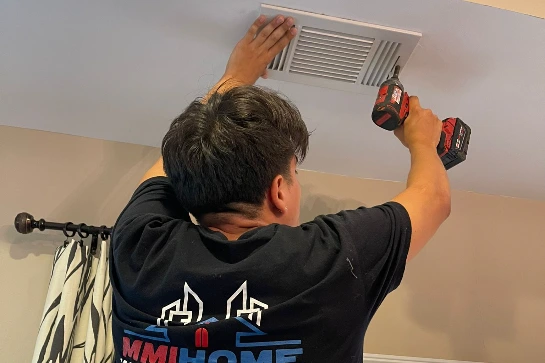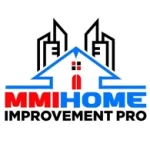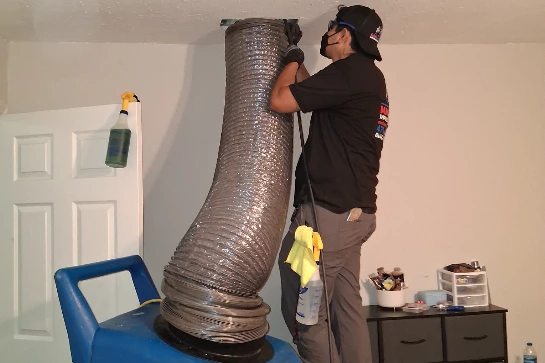Summary

Article Name
Best Ways to Boost HVAC Efficiency in Commercial Buildings
DescriptionBoost HVAC efficiency in commercial buildings with simple tips. Save energy and reduce costs with expert HVAC efficiency solutions.
Author
Vitaly Stotland

